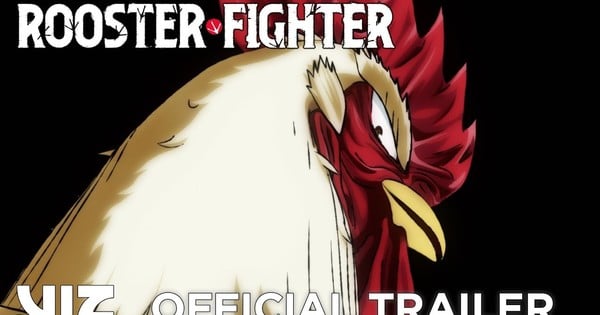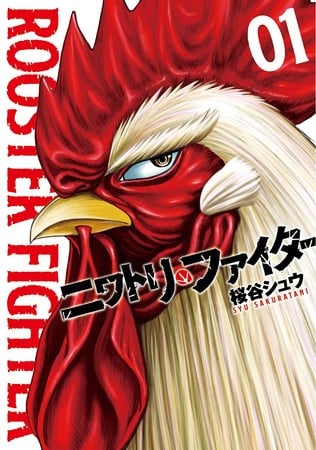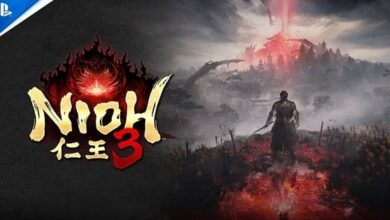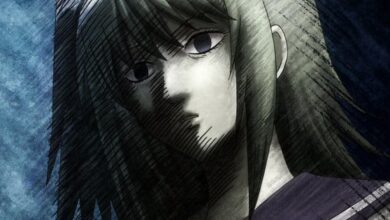Rooster Fighter Anime Reveals Spring 2026 Debut, New Trailer – News

New visual effects also reveal
medium exist Animation Expo Saturday is Japanese cartoons of Shu Sakuratani‘ Rooster fighter ((Niwatori fighter)comics. The anime will debut in spring 2026.
https://www.youtube.com/watch?v=5hrrvj08zss
©SS/KH,v
Anime stars:
VIZ is a representative of anime in global streaming, television broadcasting, electronic sales (EST), home video and overseas merchandise sales in Japan. Hero Company EST, home video and merchandise sales will be managed in Japan. Adult swimming The anime will be played and Viz will reveal other streaming partners later.
Suzuki Avenue ((D4DJ All Mixed) Instruct the anime in sziig. Hiroshi Seko ((Jujutsu Kaisen,,,,, Mob Psycho 100) Responsible for the series of scripts. Joseph Week ((Knight of the twelve zodiac signs: San Siya) and Sola Entertainment In production.

©Shu Sakuratani, Heroes, Viz Media
VIZ describes this story:
Keiji is more than just a normal cock-his humanity’s greatest defender! His opponent may be ten buildings tall, but nothing is bigger than his firm heart and his terrible battle crying – Corkko!
Right now license The comics and published volume seven in English on February 18.
Sakuratani First appearance December 2020, Comics on Comiplex Comics website. “Hero” published the 10th volume of the comic book on July 4.
Source: medium‘ Youtube channel and Bruceky account
Ann’s report on the 2025 Animation Expo is sponsored by Yen Press and Ize Press!




